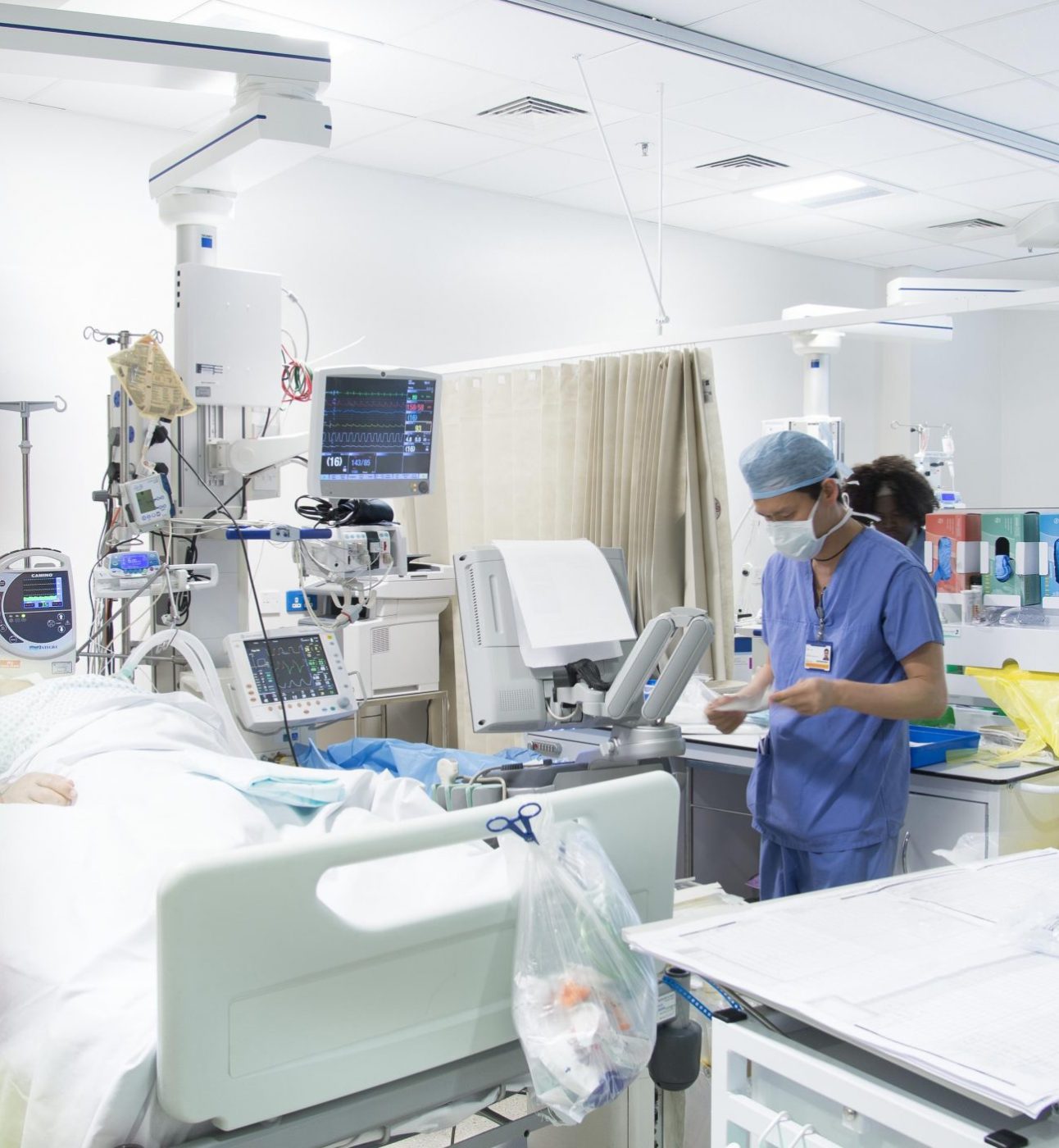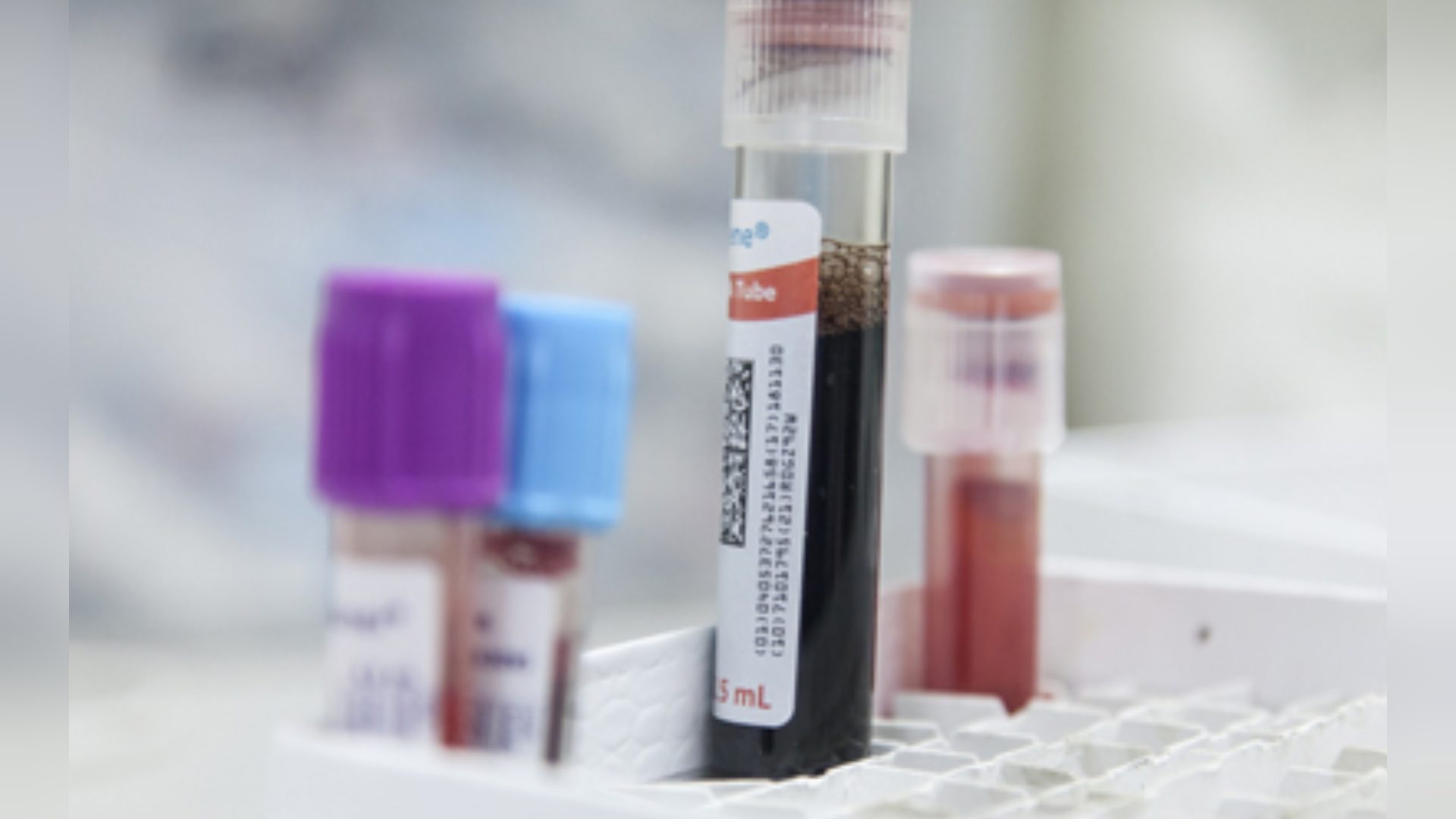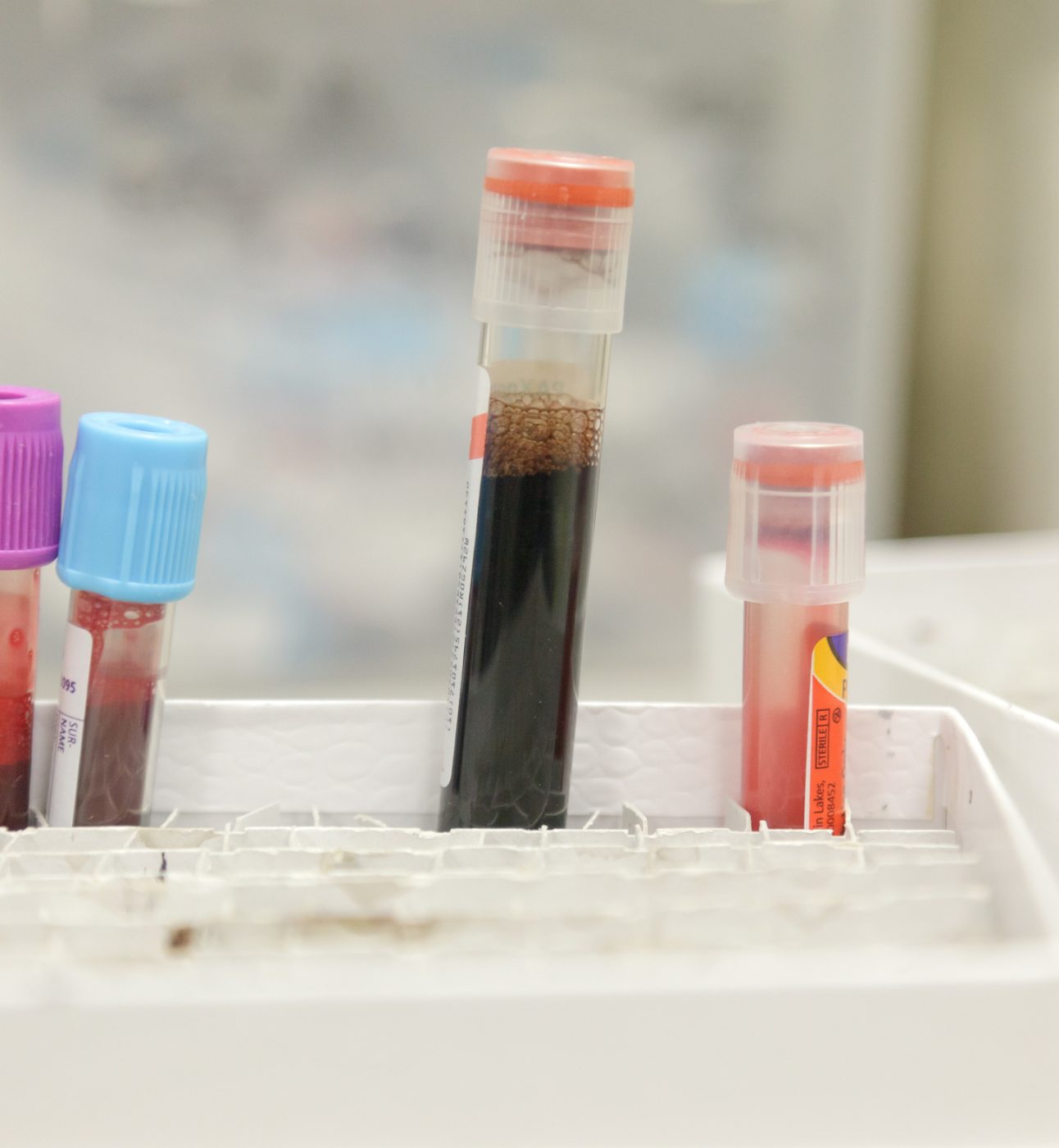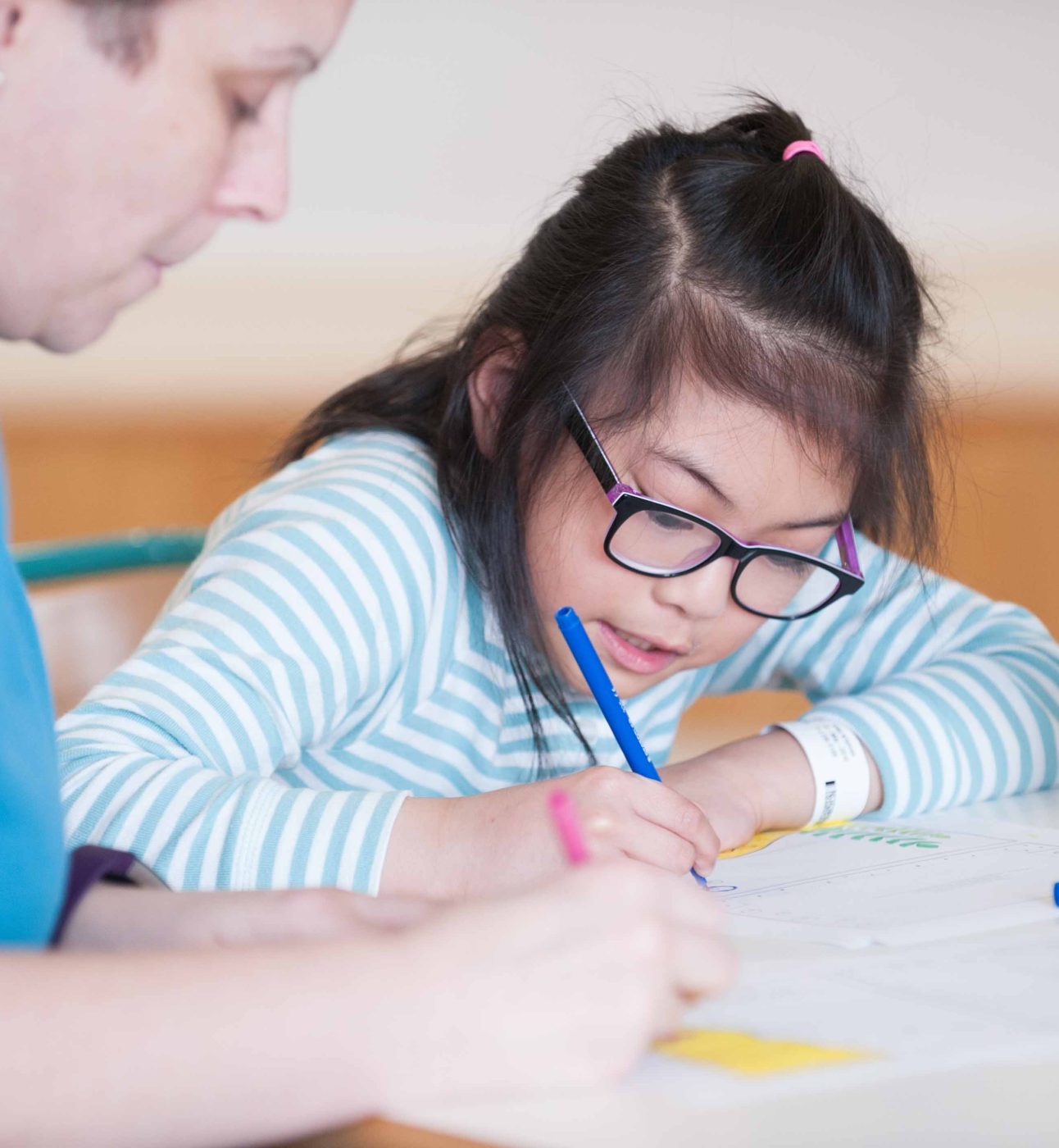
How research is changing the way we treat severe traumatic injury
Niall’s life was hanging in the balance after he was crushed by a 38-ton lorry. His survival was down to the world-leading research that we support at the Centre for Trauma Sciences

We’re supporting a research lectureship programme to help 16 promising young scientists take the next step in their research careers.

Former 'Rising Star' Carles Gaston-Massuet
"We look forward to working with talented scientists to build the future of medical research."Mauro Peretti, Dean of Research

Building the future of medical research

Niall’s life was hanging in the balance after he was crushed by a 38-ton lorry. His survival was down to the world-leading research that we support at the Centre for Trauma Sciences

New research from The Centre for Trauma Sciences shows that innovations in trauma care led to an increase in the number of patients surviving their injuries. The Centre for Trauma Sciences was established in 2012 with £3m funding from Barts Charity.

We have awarded a £50,000 grant towards developing a model of social prescribing for children and young people.